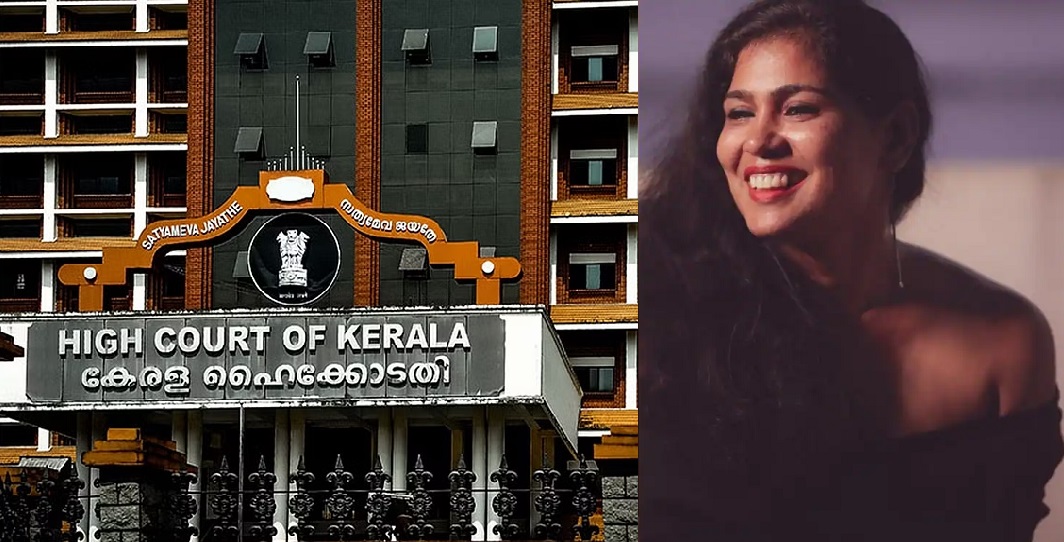
Kochi: Discharging the POCSO case against women’s rights activist Rehana Fathima, the Kerala High Court on Monday said depiction of a woman’s naked body should not be regarded as sexual or obscene always. The right of autonomy over one’s body is often denied to women and they are bullied, discriminated against, isolated and persecuted for making choices about their bodies and lives, the court said.
Rehana Fathima faced charges under various provisions of the POCSO, Juvenile Justice and the Information Technology (IT) Acts for circulating a video in which she was seen posing semi-nude for her minor children, allowing them to paint on her body. Discharging her from the case, Justice Kauser Edappagath said that from the allegations against the 33-year-old activist, it was not possible to anyone to infer that her children were used for any real or simulated sexual acts and that too for sexual gratification. The court said that she only allowed her body to be used as a canvas for her children to paint on. ‘The right of a woman to make autonomous decisions about her body is at the very core of her fundamental right to equality and privacy. It also falls within the realm of personal liberty guaranteed by Article 21 of the Constitution’, it said.
The order came on Fathima’s appeal against a trial court decision dismissing her plea to be discharged from the case. In her appeal, she had asserted that the body painting was meant as a political statement against the default view of society that the naked upper body of the female is sexualised in all contexts, whereas the naked male upper body is not treated to this default sexualisation. Agreeing with her contentions, Justice Edappagath said that painting on the upper body of a mother by her own children as an art project ‘cannot be characterised as a real or simulated sexual act nor can it be said that the same was done for the purpose of sexual gratification or with sexual intent’.
The judge said it was ‘harsh’ to term such an ‘innocent artistic expression’ as a usage of a child in a real or simulated sexual act. ‘There is nothing to show that the children were used for pornography. There is no hint of sexuality in the video. Painting on the naked upper body of a person, whether a man or a woman, cannot be stated to be a sexually explicit act’, the court said. The prosecution had claimed that Fathima had exposed her upper body in the video and hence, it was obscene and indecent. Rejecting the contention, the court said that ‘nudity and obscenity are not always synonymous’. ‘It is wrong to classify nudity as essentially obscene or even indecent or immoral’, it further said.
The court pointed out that women of lower castes in Kerala had once fought for the right to cover their breasts and that there were murals, statues and art of deities in the semi-nude in ancient temples and various public spaces all over the country and these are considered as ‘holy’. It further said that nude display of the upper body of men is never considered obscene or indecent and is not sexualised, but ‘a female body is not treated in the same way’.
Earlier, the woman was also booked by police in Pathanamthitta district under the Information Technology Act and the Juvenile Justice Act on a complaint lodged by BJP OBC Morcha leader A V Arun Prakash. The Kerala State Commission for Protection of Child Rights had also sought a report on the matter from Pathanamthitta district police chief and had also directed the police to register a case against the woman under various sections of the POCSO Act. Fathima had attempted to enter the Lord Ayyappa shrine in Sabarimala after the Supreme Court allowed women of menstruating age to do so, and was targeted by certain groups for it.

Post Your Comments